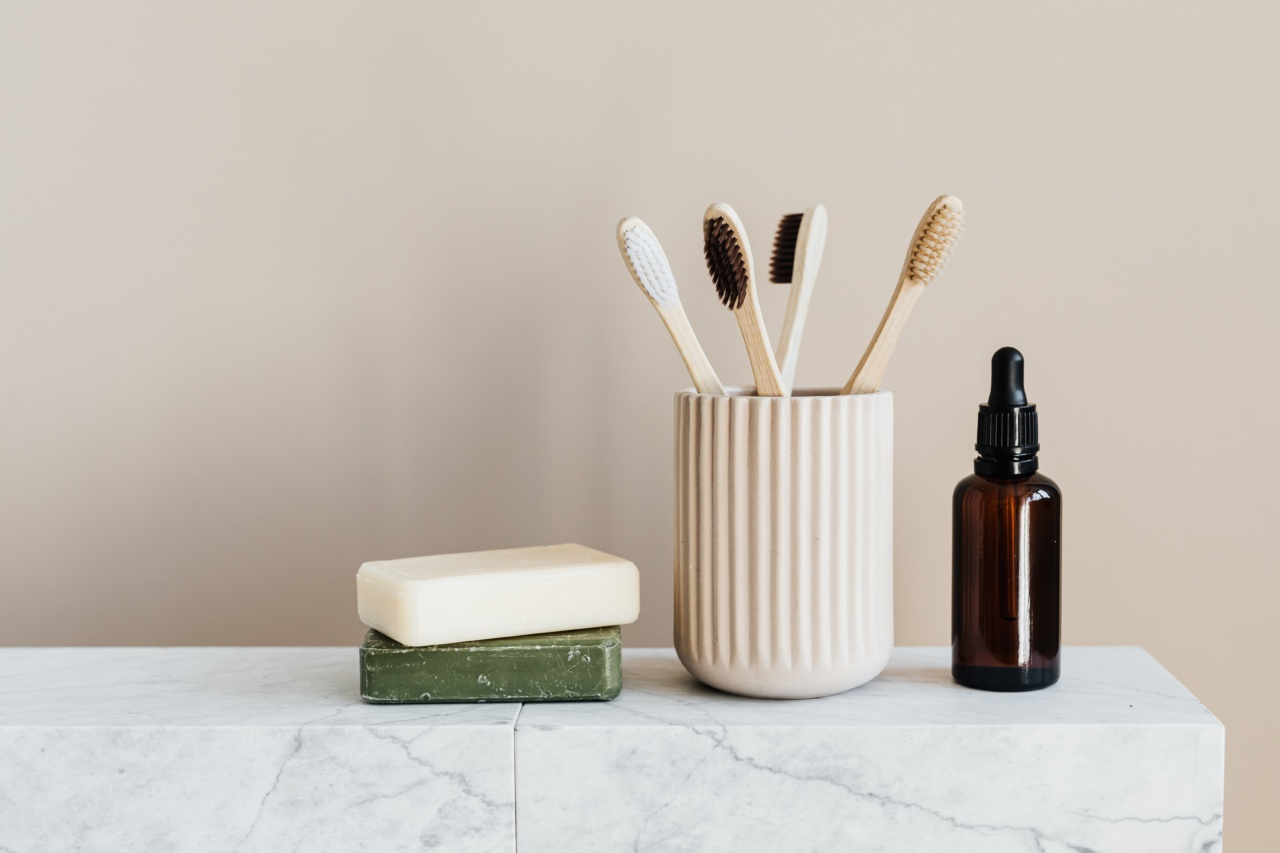Wrinkles are a part of the aging process. As we age, our skin loses its elasticity and firmness. The production of collagen and elastin, which keeps our skin tight and moisturized, decreases with age. As a result, our skin becomes dry, thin, and creased.
Wrinkles tend to appear first on areas of the skin that are exposed to the sun, such as the face, neck, hands, and arms.
What is Coconut Oil?
Coconut oil is oil derived from the meat or kernel of mature coconuts harvested from the coconut palm. It is a versatile oil with a wide range of uses in the kitchen, household, and beauty products.
Coconut oil is made up of medium-chain fatty acids that are easily absorbed by the skin and hair, making it an ideal natural cosmetic ingredient. It has anti-inflammatory and antioxidant properties that can help to reduce inflammation and prevent oxidative stress in the skin, which can contribute to the formation of wrinkles.
How Does Coconut Oil Reduce Wrinkles?
Coconut oil can help to boost collagen production and improve skin elasticity, which can lead to a reduction in the appearance of fine lines and wrinkles. It provides intense hydration to the skin, which can improve its overall texture and tone.
Coconut oil has also been shown to have a protective effect against the sun’s harmful UV rays, which can prevent further damage to the skin and reduce the risk of new wrinkles forming. Additionally, coconut oil has anti-inflammatory properties that can help to soothe irritated skin and reduce redness and inflammation.
How to Use Coconut Oil to Reduce Wrinkles
Coconut oil can be used in a variety of ways to help reduce the appearance of wrinkles and improve the overall health and appearance of your skin. Here are some easy and effective ways to use coconut oil:.
1. Coconut Oil as a Moisturizer
Coconut oil is an excellent natural moisturizer that can hydrate dry, aging skin and improve its texture and tone. To use coconut oil as a moisturizer, simply apply a small amount to your face and neck after cleansing and toning your skin.
Massage the oil into your skin using gentle circular motions until it is fully absorbed. You can also use coconut oil as a body moisturizer or hair conditioner for added hydration and shine.
2. Coconut Oil as an Eye Cream
Coconut oil is gentle enough to use around the delicate eye area and can help to reduce the appearance of fine lines and wrinkles around the eyes.
To use coconut oil as an eye cream, simply apply a small amount of oil to your fingertips and gently dab it around your eyes, taking care not to get any oil in your eyes. Use this as a part of your nighttime routine for better results.
3. Coconut Oil as an Exfoliant
Exfoliating your skin regularly can help to remove dead skin cells and stimulate collagen production, which can help to reduce the appearance of wrinkles. You can make a natural exfoliating scrub by mixing coconut oil with a little bit of sugar or salt.
Massage the scrub gently onto your skin in circular motions, then rinse it off with warm water. Avoid using this scrub on damaged skin.
4. Coconut Oil as a Night Cream
Using coconut oil as a night cream is a great way to hydrate and nourish your skin while you sleep. Simply apply a thin layer of coconut oil to your face and neck before going to bed.
The oil will absorb into your skin overnight and leave it feeling soft and supple in the morning.
Conclusion
Coconut oil is an excellent natural remedy for reducing wrinkles and improving the overall health and appearance of your skin. It is a gentle and effective moisturizer that can hydrate dry, aging skin, improve elasticity, and reduce inflammation.
By incorporating coconut oil into your skincare routine, you can help to reduce the appearance of fine lines and wrinkles and achieve a more youthful, radiant complexion.






























